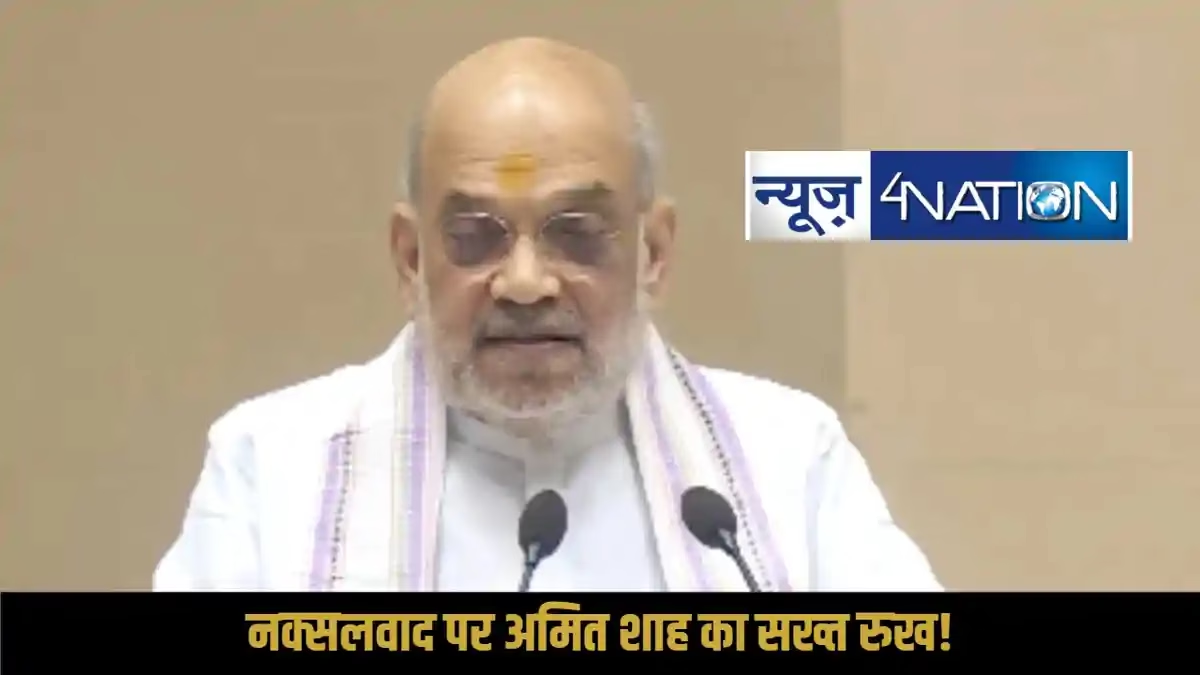What’s inside:
This article discusses the contrasting views on Naxalism in India, focusing on Bihar’s social approach and the central government’s security measures.
Recently, there have been discussions about Naxalism in India, especially how different leaders view the issue. Neeraj Kumar, a spokesperson from JDU, shared his thoughts, calling Naxalism a “social problem” that needs more than just armed responses to solve. He believes that Bihar has set a great example by empowering backward communities and women through reservations in local bodies.
On the other hand, Union Home Minister Amit Shah took a tough stance against Naxalites. He warned them to surrender their weapons, or they would face serious consequences. He praised a military operation called ‘Operation Black Forest’ in Chhattisgarh, emphasizing that the central government is determined to eliminate Naxalism completely.
Amit Shah pointed out that the development in Naxal-affected areas has been severely hindered. He mentioned that contractors often face threats and violence from Naxalites, preventing them from building roads and infrastructure. He questioned why some critics do not highlight the struggles faced by the common people in these areas.
The discussion highlights a clear difference between Bihar’s approach and that of the central government. Neeraj Kumar thinks that education, social empowerment, and local solutions are key to tackling Naxalism, while Amit Shah focuses more on security and strict actions to deal with the issue.
As these discussions continue, it seems that both sides are committed to their respective strategies. The next steps will involve ongoing efforts in both social and security domains to address the complex challenges posed by Naxalism in India.
Summary:
- Neeraj Kumar views Naxalism as a social issue needing empowerment.
- Amit Shah warns Naxalites with a strict security approach.
- Development in affected areas is hindered by Naxalite violence.
- The Bihar and central government’s strategies differ significantly.
- Future actions will involve both social and security efforts.


